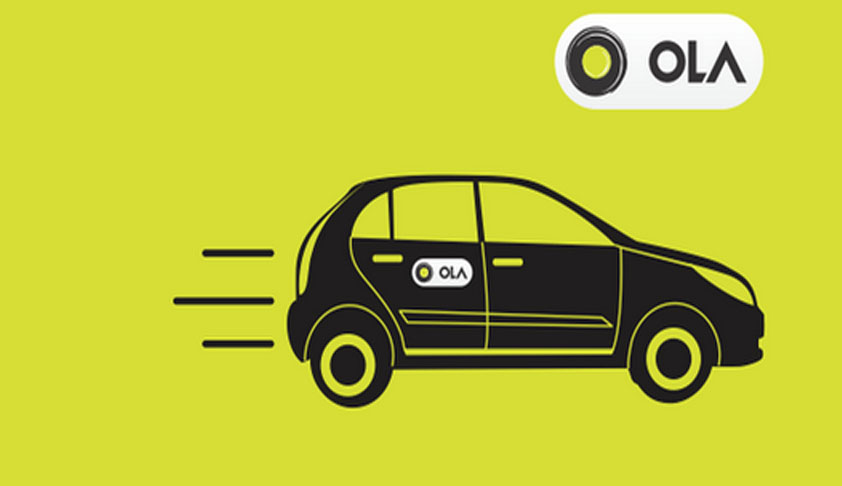Delhi HC sets aside government rejection of license to Ola and Taxi for Sure
Gaurav Pathak
11 Jun 2015 10:24 PM IST

Next Story
11 Jun 2015 10:24 PM IST
In a reprieve to Ola and Taxi for Sure, the Delhi High Court today set aside government orders by which the government had rejected the application of the two app based companies for licence to operate in the national capital. The Court said that the reason for rejection of application was "not valid".Justice S Muralidhar observed that if the government thinks the two companies, Apra Cabs...
